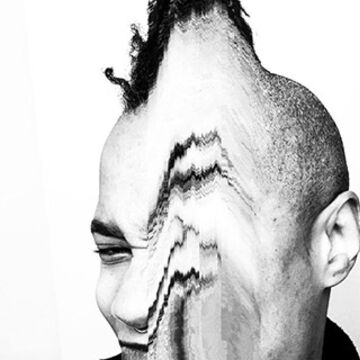

Lee Blalock
Associate Professor
Contact
Bio
Education: BS, 1994, Spelman College, Atlanta; AA, 1999, Bauder College, Atlanta; MFA, 2011, School of the Art Institute of Chicago. Exhibitions and Performances: "[Dis]position" (In Kepler's Gardens), Ars Electronica; "not in, of, along, or relating to a line" (group exhibition), NYU Abu Dhabi; "Unsettling Time" (group exhibition), the wrong biennale; "a2p" (group exhibition) online artist-to-artist trading system; "Refiguring the Future" (group exhibition), Hudson Gallery, NY; "I Sing the Body Cybernetic" (solo exhibition), Experimental Sound Studio, Chicago; "Tag: Proposals on Queer Play and the Ways Forward" (group exhibition), ICA, Philadelphia; Art Institute of Chicago, Chicago; Museum of Contemporary Art, Chicago; Elastic Arts, Chicago; "Neue" (Solo Exhibition), Hyde Park Art Center, Chicago; Art Gallery of Mississagua; Leitmotif/Nuit Blanche, Toronto; Chicago Public Access Television; ExTV; Kepco and Gallery Dot, Ulsan, South Korea; Le Flash!/Nuit Blanche, Atlanta; Baldwin Burroughs Theatre, Atlanta; Mint Gallery, Atlanta; Woodruff Arts Center, Atlanta; Alliance Theater, Atlanta. Publications: Neural Magazine; Antennae: The Journal of Nature in Visual Culture; ats@50: Art and Technology Studies 1969-2019; Neue An4t0_M3 Vol.1; Conduit. Bibliography: ASAP Journal; Cacophony Magazine. Podcast Interview: "Art and technology forging the future", The National Podcast.